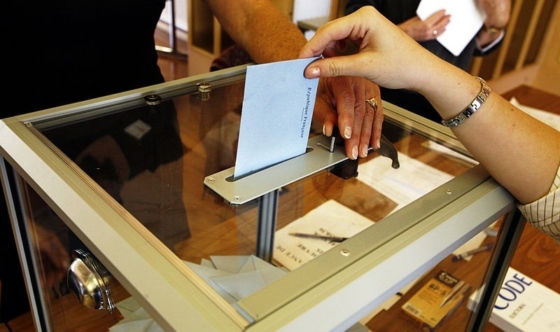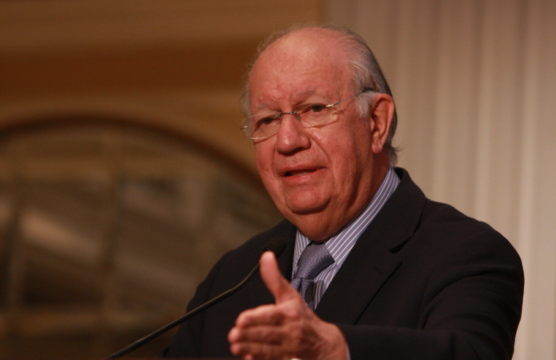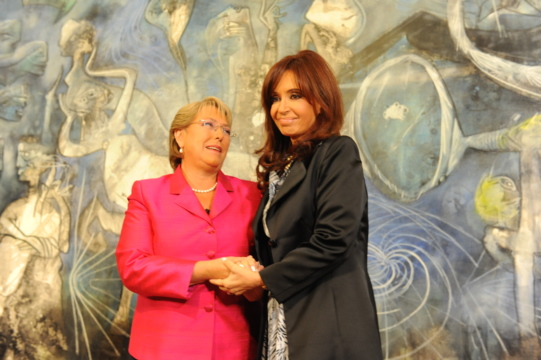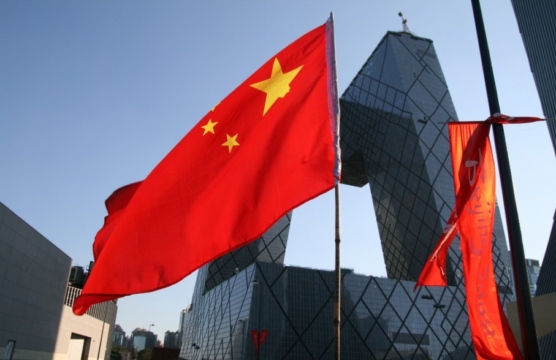
China and Latin America in 2014
China’s relations with Latin America are becoming increasingly routine. China is a critical partner for much of the region.
China’s relations with Latin America are becoming increasingly routine. China is a critical partner for much of the region.
Argentina’s nascent shale industry is one of the most promising frontiers for unconventional oil and gas development outside of the US.
Policy shifts by President Kirchner indicate that the Argentinian economy will be able to “muddle through” until the next presidential elections.
In this interview with PolicyMic, Pedro Robledo discusses youth activism, politics, and why he thinks that young people are the key to fighting for political change today.
Argentina’s economic woes, as well as the president’s health problems, have raised a number of questions about its political situation.
Latin America inequality gap, economic integration, and infrastructure and education systems were among the issues spotlighted at the XVII Annual CAF Conference.
Is press freedom seriously jeopardized in these countries or elsewhere in the region? What implications does it have for the state of democracy? Should regional bodies or other organizations be taking action? If so, how?
Argentine President Cristina Fernández has increased her appeals to nationalist sentiment to build domestic political support.
Given today’s realities, the glowing terms some used to describe US-Argentine relations in the 1990s do not make sense. But neither does the excessively negative talk heard in Buenos Aires and Washington.
How will the Fernández administration’s policies affect the country’s economy and businesses in the long-run?
Since December 2005, Argentina has relied on La Ley de Financiamiento Educativo (Law of Education Financing), an instrument to modify the structure of education financing, which introduced significant changes in the political and financial relations between the national government and the subnational governments.
Since December 2005, Argentina implemented an Education Financing Law, a tool that modified the structure of financing education and introduced significant changes in political and financial relations between national and subnational governments. Its main objective is to increase investment in education, science, and technology to reach a GDP of 6%…
Since December 2005, Argentina relies on La Ley de Financiamiento Educativo (Law of Education Financing), an instrument to modify the structure of education financing and introduced significant changes in the political and financial relations between the national government and the subnational government.
Women are breaking the highest of glass ceilings in politics. On Oct. 28, Cristina Fernández de Kirchner became Argentina’s president-elect. Since March 2006, Michele Bachelet has been president of neighboring Chile.
Considerando que la educación constituye un elemento central para reducir las desigualdades en la distribución de ingresos, superar las condiciones de pobreza y lograr una mayor equidad e integración social, varios países latinoamericanos han puesto en práctica programas de becas para garantizar la educación de los niños y jóvenes de…
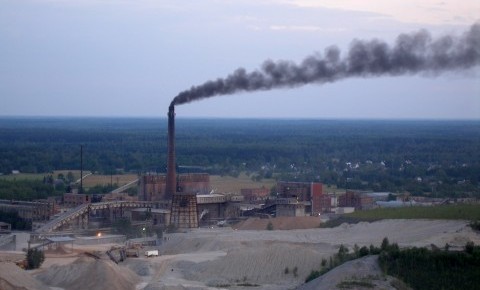
 Video
Video

